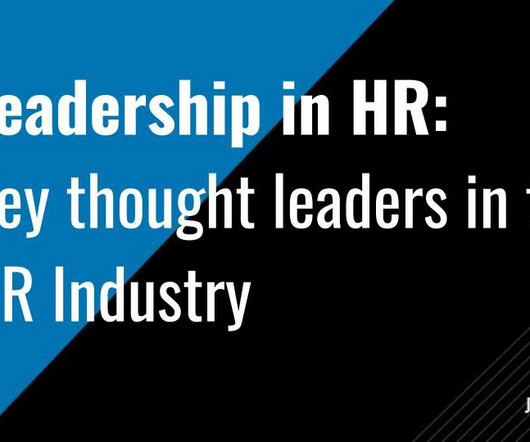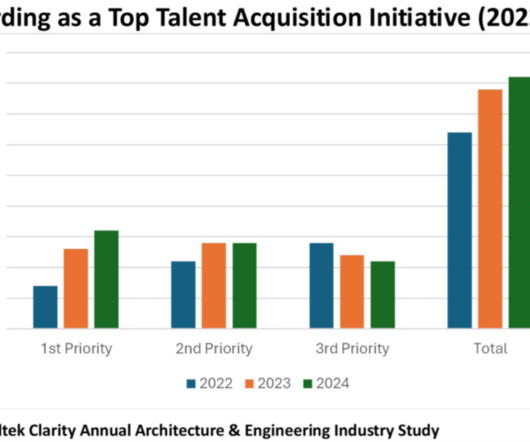Leadership in HR: 34 Key thought leaders in the HR Industry
Jake Jorgovan
DECEMBER 30, 2024
HR is a difficult field to work in because it always evolves. Changing mindsets and new technological advancements make it challenging to stay ahead of the competition. For instance, 73% of businesses are already utilizing generative AI in some capacity, a figure expected to rise across all industries, including HR. Additionally, 79% of the workforce supports pay transparency in job listings, which shows you how employee expectations and mindsets are changing in real time.









Let's personalize your content